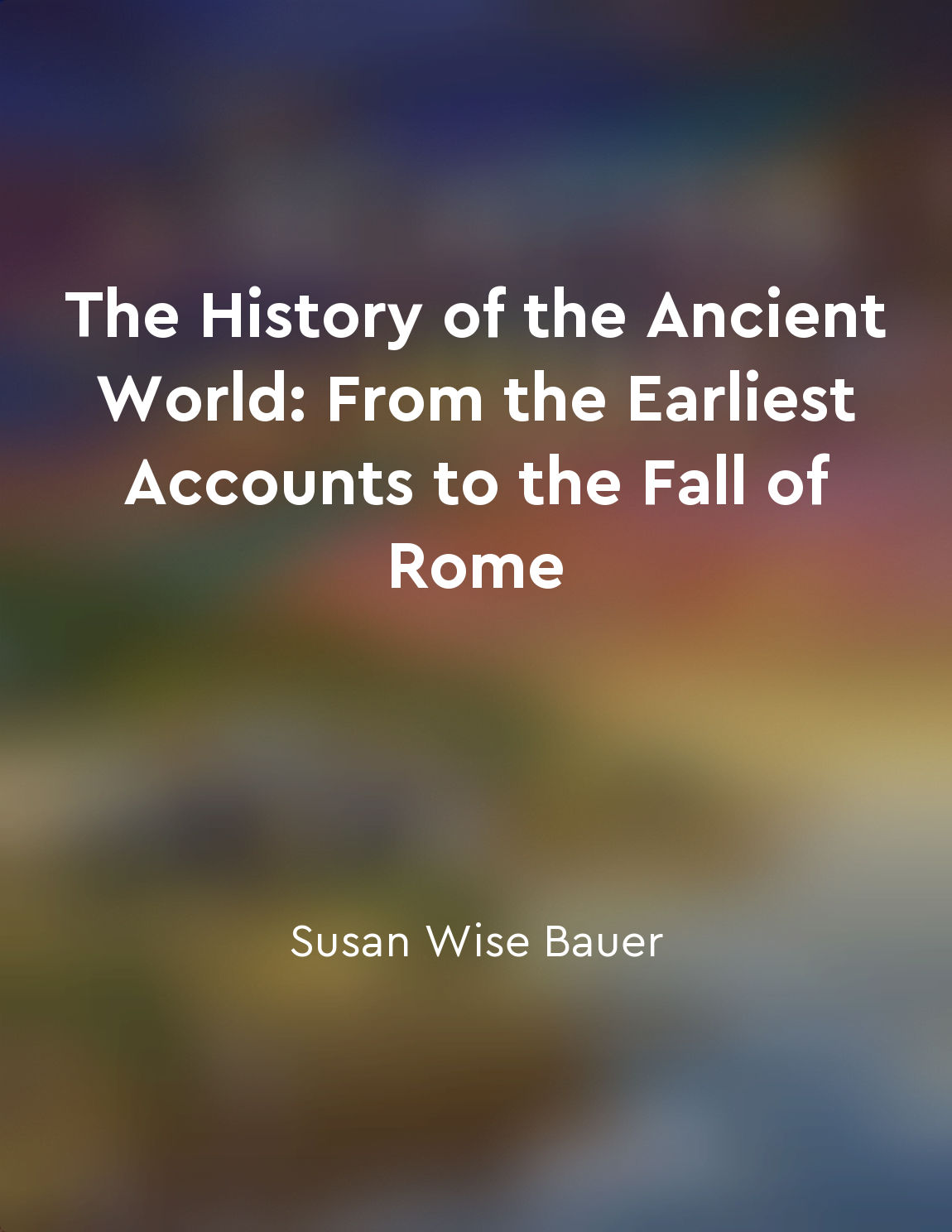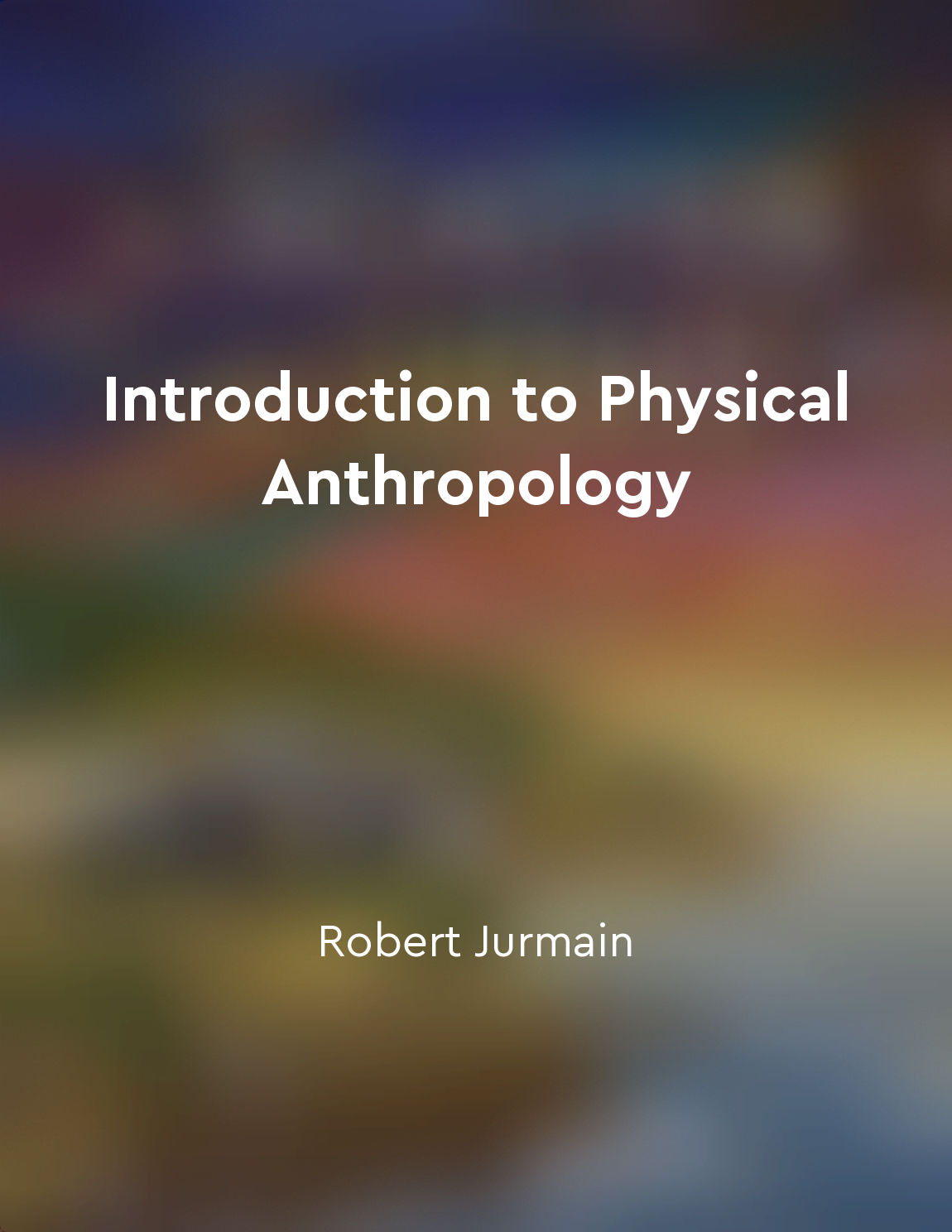The study of archaeological evidence can help us reconstruct past human societies from "summary" of Introduction to Physical Anthropology by Robert Jurmain,Lynn Kilgore,Wenda Trevathan,Russell L. Ciochon,Eric J. Bartelink
Archaeology provides a window into the lives of ancient peoples. By studying artifacts left behind by past societies, archaeologists can piece together a picture of how these people lived, what they believed, and how they interacted with one another. Through the careful analysis of tools, pottery, art, and other artifacts, researchers can gain insight into the daily lives of individuals who lived thousands of years ago. Moreover, archaeological evidence can also shed light on social structures, political systems, and economic practices of ancient societies. By examining the layout of ancient cities, the distribution of wealth, and the presence of public buildings, archaeologists can infer the organization of these past communities. Additionally, the study of burial practices, religious artifacts, and symbols can provide clues about the spiritual beliefs and cultural practices of ancient peoples.
Furthermore, archaeology can help us understand how past societies adapted to environmental challenges, such as climate change, natural disasters, and resource depletion. By analyzing the remains of ancient settlements, agricultural practices, and technological innovations, researchers can trace how human societies responded to and coped with changing environmental conditions. This knowledge can inform our understanding of how present-day societies can learn from the successes and failures of their predecessors. The study of archaeological evidence allows us to reconstruct past human societies in a holistic manner. By examining a wide range of artifacts and sites, researchers can gain a multidimensional understanding of ancient cultures. This nuanced perspective enables us to appreciate the diversity, complexity, and resilience of human societies throughout history. Ultimately, archaeology plays a crucial role in helping us connect with our shared human heritage and learn valuable lessons from the past.

Open in app
The road to your goals is in your pocket! Download the Oter App to continue reading your Microbooks from anywhere, anytime.



